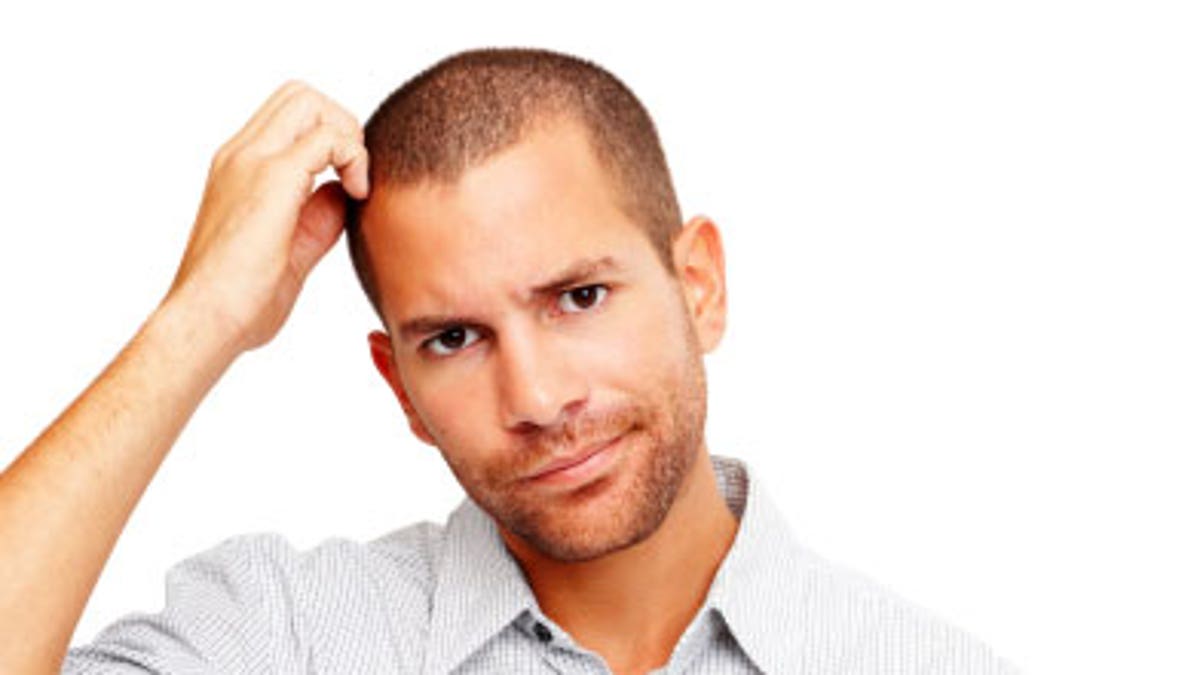
Eat pizza or Chinese? Sleep in or exercise? Find out which is the better choice.
[sidebar]
Order Dessert or a Second Glass of Wine?
Better choice: Dessert
Sweet tooths, rejoice! While no one is suggesting that it's healthy to eat a rich dessert, the research is pretty clear: Women should have no more than one drink a day.
"There's some evidence that moderate alcohol intake lowers the risk of heart disease, but one a day is considered the limit for women," says JoAnn Manson, chief of preventive medicine at Boston's Brigham and Women's Hospital. (Some experts say that having two a couple of days a week is OK.)
There are other problems with alcohol, even in moderation.
"Alcohol consumption is associated with an increased risk of breast cancer," says Heather Spencer Feigelson, a senior epidemiologist at the American Cancer Society, in Atlanta. "And while the risk of breast cancer from one glass of alcohol is small, I'd choose dessert over a second cocktail."
But… Since being overweight also raises the risk of breast cancer, as well as of diabetes and heart disease, go easy on the dessert. Sorbet or even a fruit tart is a better choice than, say, cheesecake.
15 Minutes in the Sun Without Sunscreen or a Couple of Hours in the Sun Wearing SPF 30?
Better choice: A couple of hours wearing SPF 30
Though spending 15 unprotected minutes in the sun every few days will provide your necessary dose of vitamin D (a nutrient essential for metabolizing calcium, and one that half of all women are short on), it can also take its toll.
"Ultraviolet exposure leads to photo damage, which results in premature aging, wrinkles, brown spots, rough skin texture, and dilated capillaries and is also a cofactor in skin cancer," says dermatologist Laurie J. Polis, director of Soho Skin and Laser Dermatology, in New York City.
It's better to ingest vitamin D, which is found in most dairy products, fortified orange juice, and many calcium supplements and multivitamins.
But… New research suggests that small doses of sunshine without sunscreen might help prevent certain cancers―like prostate, lung, and colon. But this research is still very preliminary and controversial.
Sleep an Extra Hour or Get Up and Exercise?
Better choice: Exercise
Contrary to popular belief, a full eight hours of sleep isn't necessary for good health, but regular exercise is.
Studies have shown that people who sleep seven hours a night have a lower mortality rate than those who sleep more than eight hours. And if you have trouble getting up early―for workouts or any other reason―the best solution is…getting up early.
"Going outside to exercise in the morning light will help reset your body clock and eventually make it easier to wake up earlier," explains Shawn D. Youngstedt, a sleep researcher at the University of South Carolina in Columbia.
But… If you're particularly sleep-deprived―you have a new baby or you've been pulling all-nighters while preparing for the bar exam―"it's not worth sacrificing sleep to exercise," Manson says.
In addition to fatigue and difficulty focusing, inadequate sleep may contribute to depression, obesity, cardiovascular disease, and diabetes, according to the National Sleep Foundation.
Apply a Heating Pad or an Ice Pack Immediately After a Minor Injury?
Better choice: Ice pack
Timing is everything when you're choosing between heat and ice. The experts agree that for the first 24 to 48 hours of muscle soreness or injury, ice is the way to go.
"A tough workout can cause microscopic tears to the muscle tissue, which cause an inflammatory response and soreness," says Cedric Bryant, chief exercise physiologist for the American Council on Exercise. "Ice will quiet things down by controlling the swelling."
Bryant recommends applying a pack for 15 to 20 minutes up to three times a day. If you don't have an ice pack, try a bag of frozen peas or corn.
But… After 48 hours, heat can be soothing, and it promotes blood flow to the area to help start the muscle-repair process. "Soaking in warm water may also provide temporary relief," says Carol E. Torgan, a spokesperson for the American College of Sports Medicine. Combine that with gentle stretching and light exercise to alleviate any stiffness and get the body moving again.
Eat a Doughnut for Breakfast or Eat Nothing at All?
Better choice: Doughnut
You race out the door without a chance to eat breakfast, and when you arrive at your morning meeting the only food in sight is a tray of doughnuts.
"If you haven't eaten for upwards of eight hours, you probably feel hungry, and your low blood sugar can make it difficult to focus on your work," says Kristine Clark, Ph.D., R.D., director of sports nutrition at Penn State University, in University Park, Pennsylvania.
That's why Clark and other experts begrudgingly recommend eating a doughnut (the plainer the better).
Studies have also found that those who skip breakfast overcompensate by eating more calories throughout the day.
But… To offset some of the doughnut's shortcomings (it's loaded with trans fats and sugar and contains few nutrients), drink a glass of low-fat milk with it. "At least that way you get some protein," Clark says, "which will help you feel fuller longer than the doughnut alone will."
Click here to see more health dilemmas solved from Real Simple.
